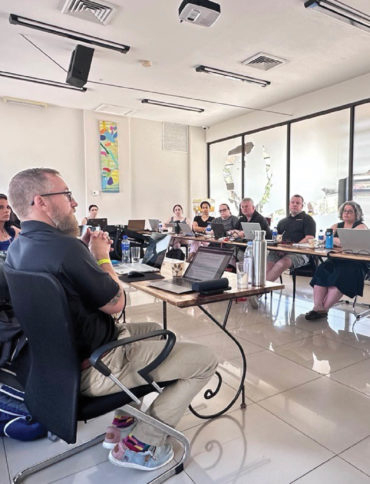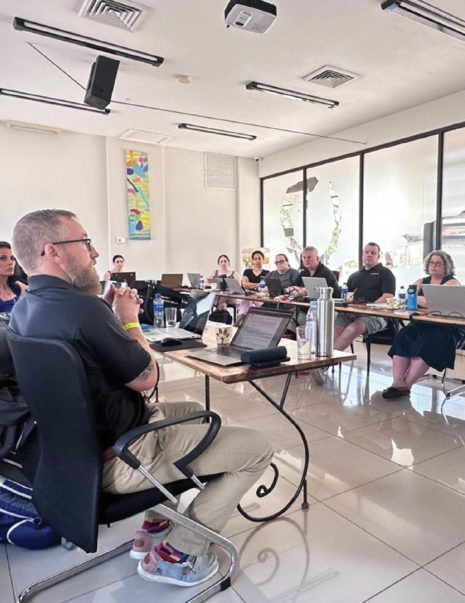Keys to Effective Implementation Planning


Beyond Assessment,
Analysis & Planning
Operational, Quality, and Improvement strategies and initiatives require appropriate planning and analysis to achieve the desired outcomes. Implementation planning is of critical importance. So, why do many implementations fail? There can be many contributing factors to partial or total failure of an implementation plan; however, a common one does not pertain to the planning phase but rather the execution phase of the plan. The most accurate assessment and most thorough analysis that goes into building a solid plan will not overcome poor execution of the plan. An effective implementation plan does not stop at implementation and continues to ensure maintenance and sustainability of the change.
- Communication strategy
- Enlistment of the right people in the right places
- Understanding of feasibilities/capabilities of timelines, budget, and resources
- Risk management strategy
- Ownership and responsibility
- Success criteria
- Tracking sustainability
Successful outcomes depend on strategic inputs. Incorporation of a communication strategy can engender ownership and foster cooperation among team members. A solid assessment will include consideration of which teams/departments/individual stakeholders need to be involved, along with required timelines, budgets, and resources. A risk assessment can account for potential threats to success and identify contingencies to ensure that things stay on track or as close to on track as possible. Assigning responsibility of tasks or phases to a champion creates a sense of ownership and investment in the success of the activities. Determining success criteria and how they will be tracked and measured can define what success will look like with desired outcomes. Tracking sustainability is the final, and often neglected, phase of implementation that is the long-term measure of success.
Factors in Unsuccessful Execution
There are many reasons why implementations fail, and it can happen in any organization. However, the most common factors can be attributed to people, process, and communication. People factors can be due to not having the right people assigned in the right roles, lack of expertise/experience, insufficient resources, and leadership issues. Process factors can be due to the methodology itself if it is flawed, ineffective toolset for executing the process, lack of process control, or having a poorly defined process. Communication issues commonly arise due to overall lack of communication, too much/not enough feedback, overload of superfluous details, and not using appropriate technology channels for different types of communication.
Measuring Success and Tracking Sustainability
Defining success criteria early in the planning process is critical to later determining whether an implementation was successful and has achieved the desired outcomes. Once success criteria are defined, how it will be measured, when it will be measured, and by whom it will be measured need to be determined. How you measure is as important as what you measure.
Effectiveness monitoring can yield information on whether further actions, including adjustments, are needed to sustain the implementation. Follow up monitoring can be an effective and informative tool in improving implementation outcomes and long-term success. Sustainability of the implementation drives overall relevance, viability, and perception of success and value. Failure to plan for sustainability monitoring and actions can undermine the entire effort and temper confidence and buy-in for future efforts.

Tips For Preparing & Hosting a Successful Audit

Regulating AI in Clinical Trials: What ICH E6(R3) Does (and Doesn’t) Say

Explores the Differences Between Auditors and Inspectors in the Clinical Research Industry

Competency Based Programs Contribute to Early Clinical Research Professional’s Training

15 Years of Excellence: FDAQRC's Journey and Future Vision

Tips for a Positive Outcome While Performing a Challenging Audit

How To Find Qualified Patients for Your Clinical Trials









